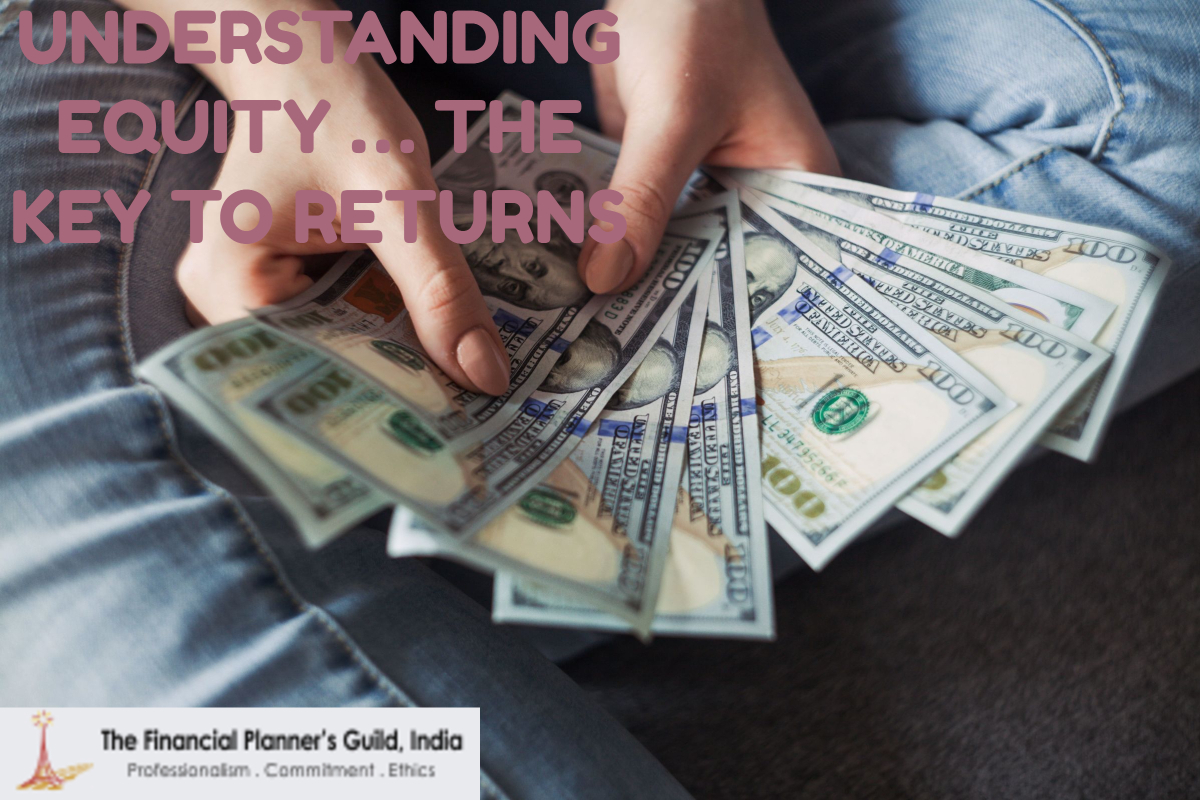
Human psychology connects with SALE / OFFERS as cheap/ bargain buy and so we go bargain hunting and most of the times end up spending more than we had budgeted. As shoppers we all love this idea and so do the retailers be it Raymond, Nike, Dominos, Titan etc., a win-win situation for both and the retailers do it so effectively to make it irresistible. Now it’s a part of life, year on year, where we wait for it and plan our purchases accordingly.
Some reasons why we probably do so are:
However, when it comes to equity investing during a severe market fall, which presents a discount sale like situation in particular, the phycology is absolutely different. Probably because the product is intangible, with no look & feel and whether it is a bargain buy or otherwise is determined long after the decision has been taken, i.e. delayed gratification.
A recent study gave some alarming figures. Investors flock to invest in equity/ mutual funds when the equity markets are bullish, media flashes all positives about the future of stocks and that amounts to a shocking 93% of the money invested. The Balance (ONLY) 7% of the money came in the not so good market i.e. during the discount sale. Actually what plays out with the investor psychology are:-
Infosys Technologies is a great stock, most of us will agree. However over the years most investors have added one in his portfolio at astronomical valuations, with a very few takers when it was offered at discounted prices. Even the Initial Public Offering (IPO) of Infosys was just about subscribed.
The Bombay Stock Exchange (BSE) 30 share Index (Sensex) was established in 1980, since then there have been many events when heavy discounts were on offer:
These were the periods when many investors lost money heavily, since they panicked and sold their holdings due to sheer impatience and lack of understanding. The BSE Sensex has delivered 150 times or 17% p.a over its journey from 100 in 1980 to 15000 odd today.
There are good number of such examples even from the Mutual Fund industry, for example, HDFC Equity fund started its journey on 01/01/1995 at Rs 10/- & today stands tall at Rs 200/- plus with an return of 19% p.a or 20 times in 17 years.
Richard Thaler a reputed behaviour economist has studied that the more one looks into his portfolio the lower his returns, since one tends to adjust what’s lagging with the one which is hot. Still some Investment Banks provide / hammer clients with mobile based updation on a day to day basis to keep them informed of the valuation of their long term investments, poor investors.
Investors who do not fall prey to such short term events and invest additional money during the abovesaid difficult times for the economy or stay away when the markets are very bullish earn much more returns than the above mentioned 17% or 19%.
To conclude, investors must walk the path focussed on their goals & see that they don’t fall prey to such ideas midway and get offtrack.
Some golden rules:
Happy investing.
FPG India ©2024. All Rights Reserved.
Designed & Developed by W3M Technoz